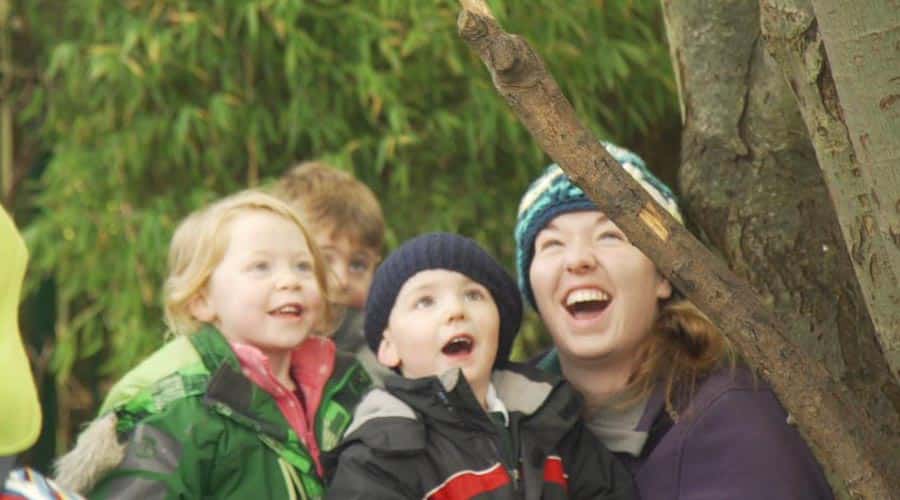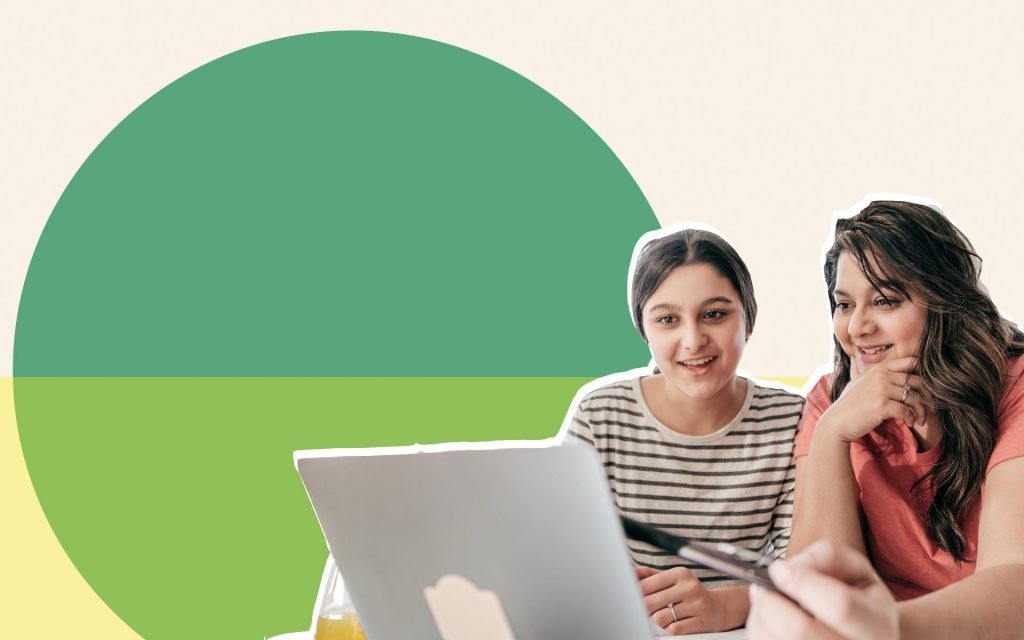How can the Early Years Clip Library improve outcomes?
Make a difference to your practice
Access hundreds of video training clips with a free trial to the Early Years Clip Library
Start your 30 free trial todayHow can the Early Years Clip Library improve outcomes?
If a picture paints a thousand words, video provides the added dimension that brings theory and concepts to life. Using high quality video examples of theories and great practice to generate thought, discussion and reflection practice is a highly effective method of training. The Early Years Clip Library is a new online resource comprising hundreds of short training film clips covering child development, play, effective learning, provision, effective teaching and specific theories & approaches.
Visit the Early Years Clip Library
Powerful search and selection facility
These categories provide a powerful search and selection facility that exploit the multidimensional characteristics of many of these videos, making it easy to identify appropriate examples to match the focus of planned development sessions, be it a particular age group, child development area, a specific theory or learning strategy.
You can also search all of the clips with either a key word search, or choose from subjects in the search list. It’s easy to identify appropriate examples to match the focus of planned development sessions, be it a particular age group, child development area, a specific theory or learning strategy.
Search all clips in the Early Years Clip Library
Explore the clip library with your 30 day free trial
Start using the Early Years Clip Library for your training today. Become a member to access the entire library today. Keep reading below and find out more about how the library will help you.
Sign up for your 30 day free trial today“One of the things I love about Siren Films is their ability to capture the uniqueness of children. In their clips we can see research transferred to the screen.”
Laura Henry, International trainer & Early Years Consultant
Clips for observation
The video clips are accompanied by written materials and guidance for your training sessions:
- Good for looking at
Highlights of the key areas covered - Before watching
Notice – points to guide observation of the clip - After watching
Reflect & respond – points to consider, to reflect upon and pointers to fashion a fashion - Further information
There are downloadable task sheets, facilitator’s guides, links to references and additional resources
Focused training sessions
Using the clip library makes it a lot easier to have more frequent, shorter and more sharply focused training sessions.
You can easily return to any of the individual short clips to reassess and highlight learning points, allowing for more targeted support and the ability to assess impact.
Your selection of clips can be saved and reorganised for particular training sessions so your favourite clips and sessions will always be to hand.
Tailored training sessions
Tailoring sessions, using the videos with their observation points, reflection discussions and action planning, enables the generation of powerful and effective times of learning. The library lets you focus in very directly to particular points, generating discussion, joint observation and assessment within your teams. The prompt questions provided are very useful for guiding observation without predefining the outcomes. Training is most effective when the learning points come directly from the participants and the clip library encourages this self-directed group learning.
An example training session
As an example: A training session focusing on aspects of practice outdoors could consist of a number of clips, tailored to the needs of various groups. There could be a different focus matched to the experience level of team members by the inclusion or exclusion of individual clips.
Environment and Materials – Outdoors +
Physical Play +
Creating and Thinking Critically +
Pretend Play +
Group discussion can also be guided from the general to the more specific, maybe considering the wide potential of the outdoors environment for risk taking, gross motor skills, physical activities, emotional development, through to the role of the adult in supporting critical thinking:- scaffolding children’s creativity, their use of imagination and problem solving.
Perhaps you can feed this through to consider the interests of your current cohort of children, showing how observation, assessment and planning could enhance provision in the coming weeks to raise expectations of your children’s next steps and achievements.
“Online training resources can be generic and expensive. The clip library addresses both of these issues. We know that it will contribute to raising the quality of our provision and improve the wellbeing, care and learning of our children. We are excited to see the difference it will make.”
David Wright, Owner of Paint Pots Nursery Chain, Nursery World Award Winner of Nursery Chain of the year 2018
Build your own learning modules quickly, efficiently and cost effectively
So, the clip library provides building blocks to enable providers and organisations to create their own training resources, tailored to specific needs and context, allowing even the smallest setting to build their own learning modules quickly, efficiently and cost effectively.
Start your 30 day free trial today
Unlock the potential of the Early Years Clip Library for your training today. Become a member and access the entire library today.
Sign up for your 30 day free trial“The Early Years Clip Library provides an exceptional resource that enhances our knowledge and allows us to constantly reflect on our understanding of children. An essential resource for any early years practitioner.”
Robert Roebuck, Nursery Owner, Hipperholme and Lightcliffe Day Nurseries

How can the Early Years Clip Library improve outcomes?
What the best early childhood settings all agree on is that assessment is at the heart of successful teaching and play and that they all valued the rich information that accurate assessment yielded. However this is a process that needs high quality observation skills and an in depth knowledge of child development so that it’s easy to work out what the next steps to take will be. And in the best settings these things happen almost automatically and training in these areas, is seen as very important.
In high quality settings continual training is a given. Staff are encouraged to meet frequently to talk about their children’s development. This sort of discussion helps staff to continually think about and want to know as much as possible about child development, understanding its vital importance in making future observations and evaluations.
Nurseries obviously arrange their discussion/training sessions to suit their individual situations. Some have monthly meetings; they might discuss typical ages and stages of child development, specific areas of learning or what a typical learning journey looks like for example. The report says:
“Staff found this process to be most valuable when it involved looking at video material, to imitate making an observation. Staff appreciated the opportunity to constantly practise and refine their skills in the safety of a training exercise.”

Ofsted’s inspectors found that this sort of training gives the best results when staff use what they’ve picked up in their training and apply it straight away to the observations and assessments of their own children in their setting.
So although observation and assessment isn’t easy, it’s the key to improving outcomes. Successful leaders will make continuing discussion and training in the area a must – and an enjoyable and very satisfying part of the job.